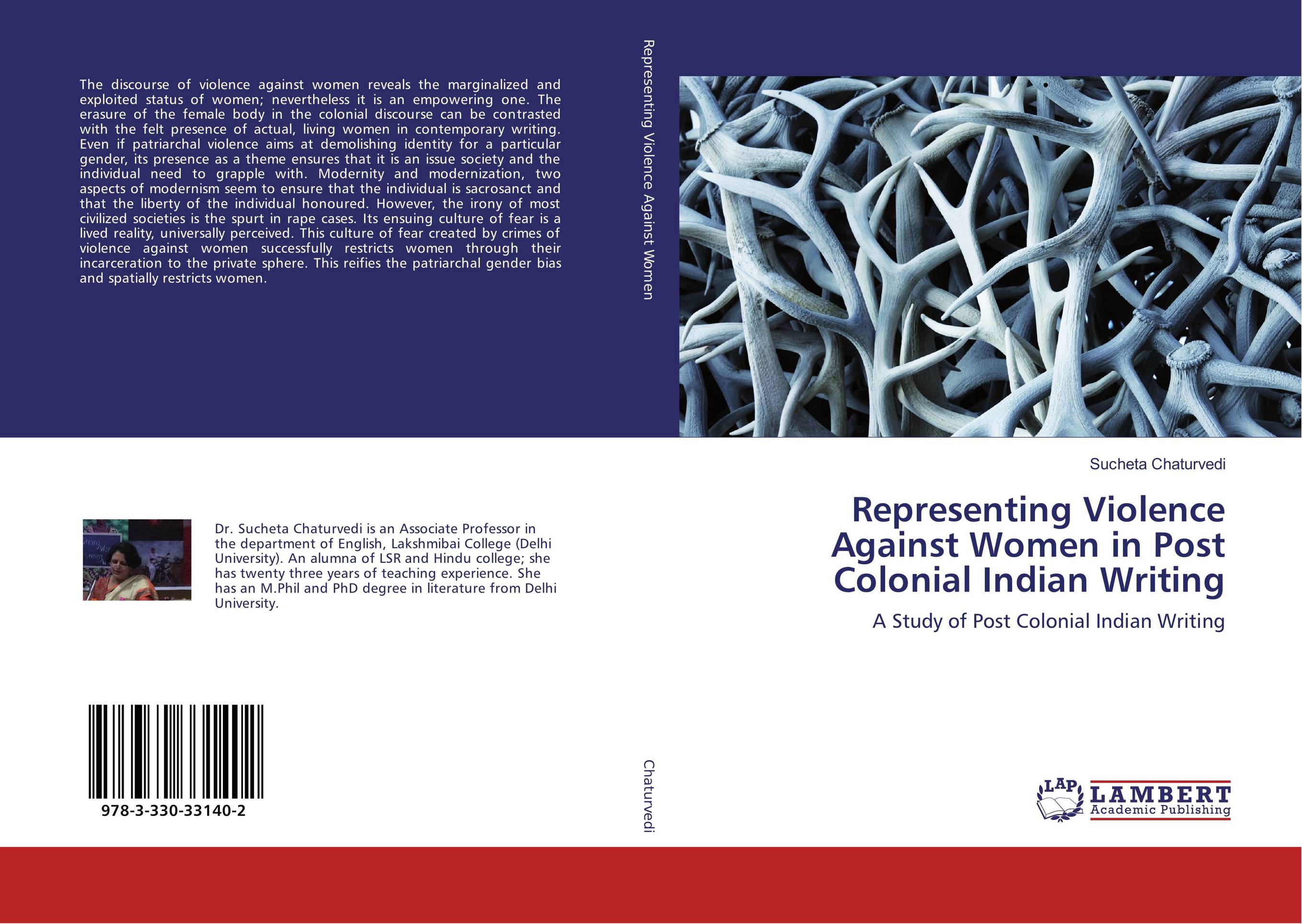| Поиск по каталогу |
|
(строгое соответствие)
|
- Профессиональная
- Научно-популярная
- Художественная
- Публицистика
- Детская
- Искусство
- Хобби, семья, дом
- Спорт
- Путеводители
- Блокноты, тетради, открытки
Representing Violence Against Women in Post Colonial Indian Writing. A Study of Post Colonial Indian Writing

В наличии
| Местонахождение: Алматы | Состояние экземпляра: новый |

Бумажная
версия
версия
Автор: Sucheta Chaturvedi
ISBN: 9783330331402
Год издания: 2017
Формат книги: 60×90/16 (145×215 мм)
Количество страниц: 232
Издательство: LAP LAMBERT Academic Publishing
Цена: 39546 тг
Положить в корзину
Позиции в рубрикаторе
Отрасли знаний:Код товара: 175809
| Способы доставки в город Алматы * комплектация (срок до отгрузки) не более 2 рабочих дней |
| Самовывоз из города Алматы (пункты самовывоза партнёра CDEK) |
| Курьерская доставка CDEK из города Москва |
| Доставка Почтой России из города Москва |
Аннотация: The discourse of violence against women reveals the marginalized and exploited status of women; nevertheless it is an empowering one. The erasure of the female body in the colonial discourse can be contrasted with the felt presence of actual, living women in contemporary writing. Even if patriarchal violence aims at demolishing identity for a particular gender, its presence as a theme ensures that it is an issue society and the individual need to grapple with. Modernity and modernization, two aspects of modernism seem to ensure that the individual is sacrosanct and that the liberty of the individual honoured. However, the irony of most civilized societies is the spurt in rape cases. Its ensuing culture of fear is a lived reality, universally perceived. This culture of fear created by crimes of violence against women successfully restricts women through their incarceration to the private sphere. This reifies the patriarchal gender bias and spatially restricts women.
Ключевые слова: crime, Dynamics, Empowerment, Gender difference, identity, patriarchy, peace, Post colonial, Psychological, rape, Rehabilitation, representations, Sociological, Transnational, Trauma, Violence, War, rape laws, narrativisation



